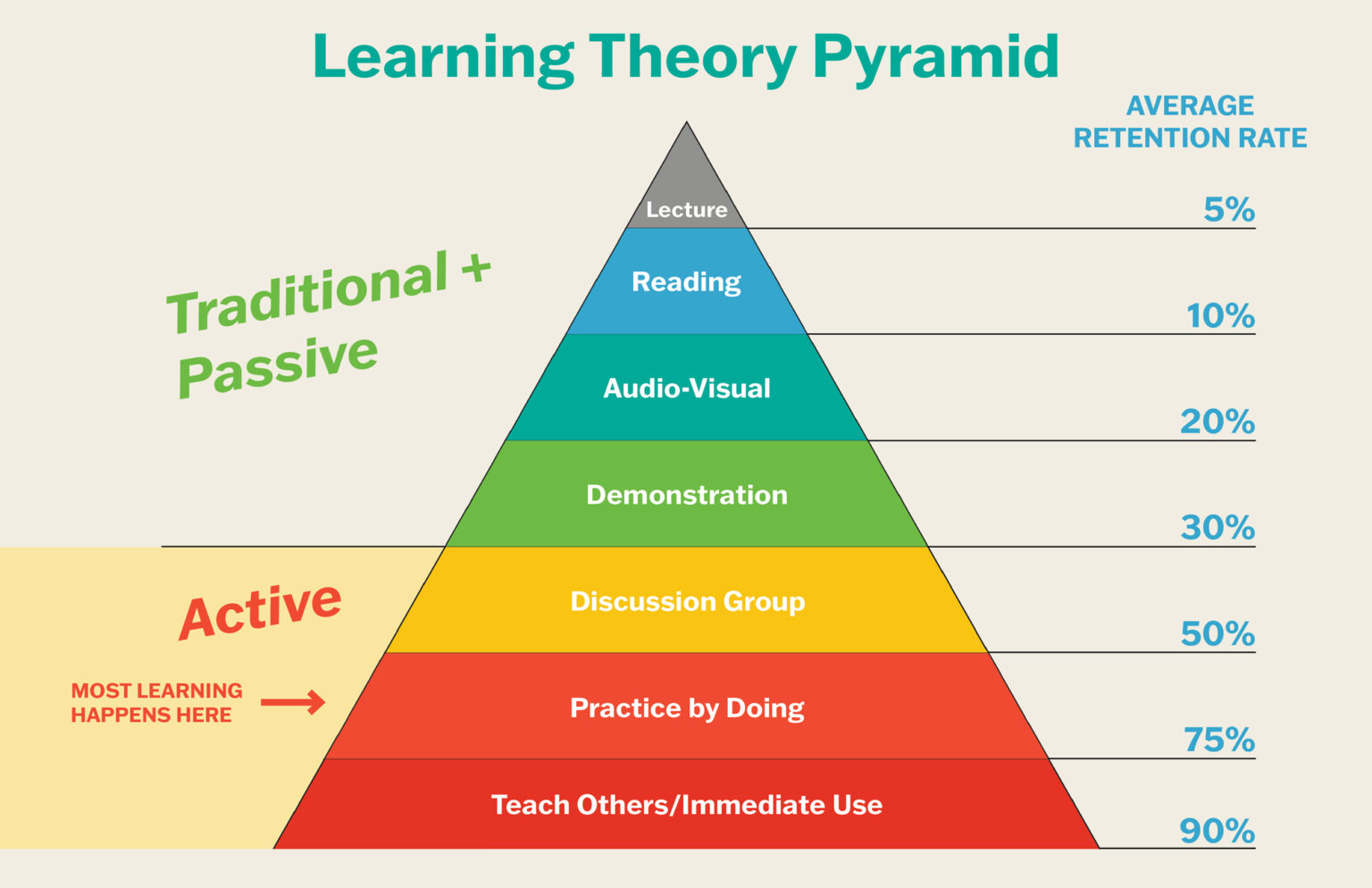Better Future Begins With Education And Goals At Early Age
Learning how to read, write, and communicate well at an early age is essential to building better education experiences for children. Research has shown that learning and loving language early on in life has a positive impact on how children read, write, and even socialize with people. From birth to five years of age, children learn language by participating in back in forth interactions with the important adults in their lives (Hanan Centre, 2016) and having this responsive feedback is an essential ingredient in the learning process of every child. So why is it important for children to learn language at an early age?
The period from ages 2 to 7 are the most important years for a child’s brain development and language development. As the brain begins to develop new cells, multiple connections between cells are formed to serve the function of expressive and receptive language (Child Development Institute). During this period, stimulation is key! Parents are encouraged to dedicate time to talking, reading, and even singing to their child, which helps bolster that language development. Young children mimic the sounds they hear around them and begin to talk the way they hear it. Practice identifying words and sounding out letters with your child and encourage them to respond to the language they hear. Lack of stimulation during this time might result in the child making slow progress or end up with poor communication skills.
Oral language is also crucial at an early stage. There are three language components that improve a young child’s communication skills: phonological, semantic, and syntactic. These components help children develop awareness in combining letters to make sounds and understanding how to combine words to make sense. Teaching these components of language and communication in the typical home setting, however, is not always easy. But VSA Future understands this and is here to help by offering online tutoring classes to help fill in the gaps.
VSA Future’s Common Core-aligned curriculum is age-specific and geared toward each child’s physical and psychological development at each grade level. In VSA Future English classes for Kindergarten, First Grade, and Second Grade, students focus heavily on phonics and on recognizing the word sounds that are fundamental to long-term reading success. Our experienced elementary school teachers emphasize correct tongue placement for accurate pronunciation which correlates to how children are able to produce the sounds, segment, and blend letters together. Pronunciation becomes harder to fix as children get older, and an early start is essential to building strong reading and pronunciation habits. While these are challenged for a parent to overcome on their own, VSA Future teachers are exceptional in aiding children in mastering these language basics.
VSA Future English students also study spelling rules and exceptions, which enable them to tackle increasingly challenging readings with confidence. Phonics serves as the foundation of all vocabulary studies, which also leads to improved reading comprehension.
In our VSA Future Writing classes, first-grade and second-grade students begin honing early writing skills, by studying genres ranging from narrative writing to persuasive essays, to learning how to organize their ideas and writing organized paragraphs. As they start finding their own storytelling voice, young students draw on their phonics skills and the language they hear around them to craft sentences with strong adjectives, clear subjects, and fun details. Our online writing classes allow students to look at their writing as an adventure as they learn these critical foundational skills for communication.
At VSA Future, we know that the ability to succeed and to truly love learning is centered on having a growth mindset. In a growth mindset, children view each lesson as an opportunity to grow and enhance their abilities, and they see themselves as full of potential. By consistently praising their child’s efforts from a young age, and modeling receiving helpful feedback and studying, parents can foster a positive growth mindset in their child for years to come. Equipped with strong phonics and vocabulary skills, along with a growth mindset, all young children can discover success in their language learning outcomes.
The VSA Future Summer Program offers all of these important classes in a convenient online format which lets children from Kindergarten to Grade 8 learn the ins and outs of the language, reading, writing, public speaking, and math. This flexible format provides students with morning sessions that allow time for both academic support as well as summertime fun. Campers work hard Monday through Thursday honing in on the skills they need to succeed and on Friday’s they can start to think outside the box through Fun with Science classes, a Global Speech series, Chess classes, and creative art classes.
For more information, visit us at www.vsafuture.com or call 844-VSA-FUTURE today!
Works Cited
Child Development Institute,2019. Language Development in Children. Website:https://childdevelopmentinfo.com/child-development/language_development/#gs.11tusf
Genishi, C. (1998). Young Children’s Oral Language Development. ERIC Digest. ERIC Clearinghouse on Elementary and Early Childhood Education. Reading Rockets. https://www.readingrockets.org/article/young-childrens-oral-language-development
Sririam, Rishi. (2020). Why Ages 2-7 Matter so Much for Brain Development. Brain-based Learning. https://www.edutopia.org/article/why-ages-2-7-matter-so-much-brain-development



Comments
Post a Comment